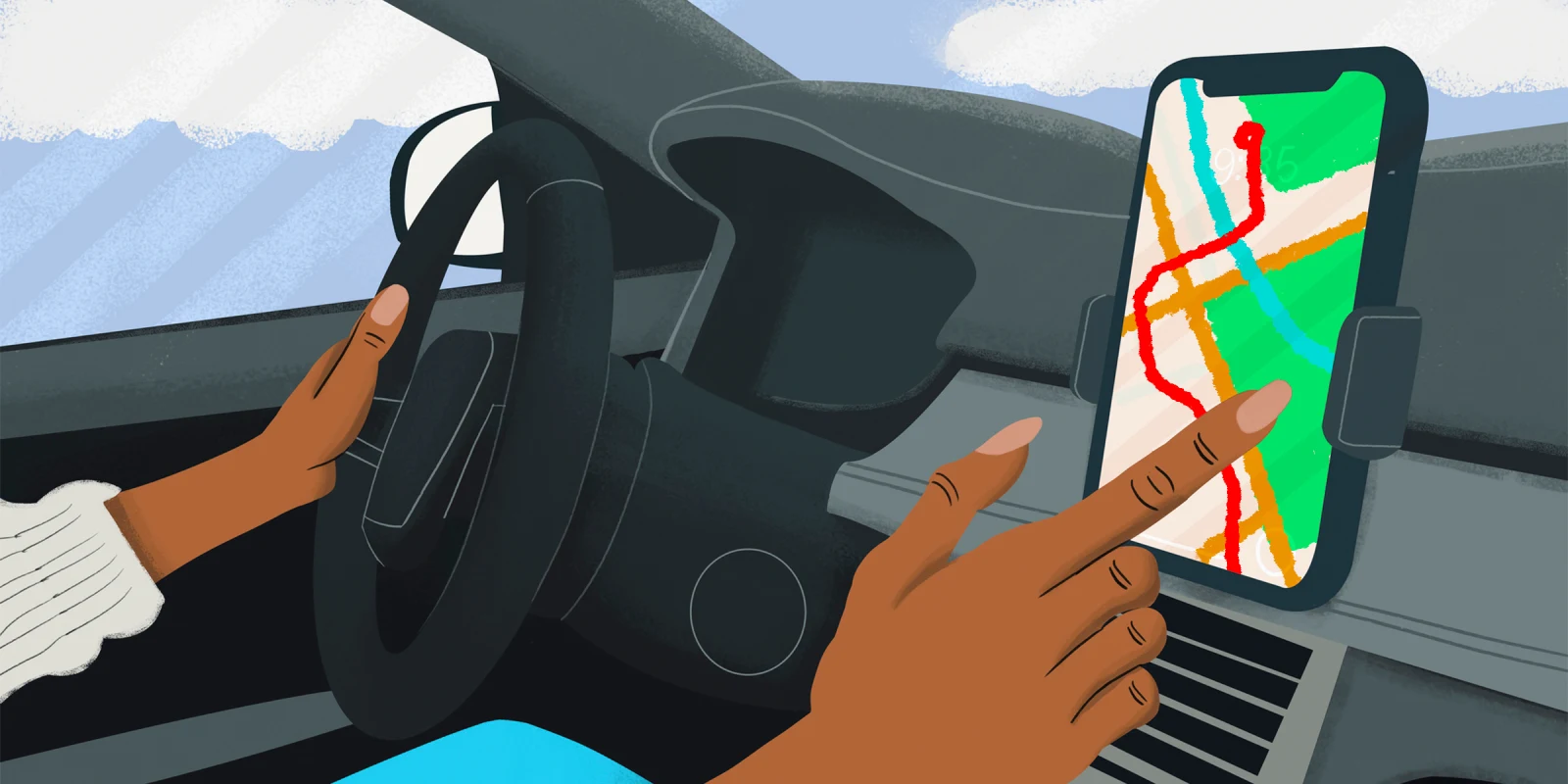Nestled deep within the medial temporal lobe, the hippocampus serves as the brain’s hub for memory consolidation and spatial navigation. Its function is critical, not just for recalling where you parked your car or navigating through a new city, but for learning, forming memories, and orienting in a complex, ever-changing world.
Unfortunately, the hippocampus is also among the first brain regions to atrophy in Alzheimer’s disease (AD). Hippocampal shrinkage is closely tied to early memory loss and correlates strongly with the onset and progression of cognitive decline. While the biological underpinnings of hippocampal degeneration are well characterized, less understood is the extent to which modifiable behaviors influence its structure and function. A growing body of evidence suggests that the daily cognitive demands we place on the hippocampus may alter its trajectory over time. In our increasingly digital world, one modern convenience stands out as potentially detrimental: habitual reliance on GPS-based navigation.
Environmental Demands and Neuroplasticity
A 2000 study using MRI imaging of London taxi drivers revealed that London taxi drivers, who undergo extensive spatial training to memorize the city’s labyrinthine roads, had significantly larger posterior hippocampi than nondrivers. The more years they spent behind the wheel, the more robust this part of the brain became. This is a powerful example of how environmental demands can reshape neural structure in adulthood.
More recently, a 2024 population-based cohort study analyzed 8.9 million U.S. death records across 443 occupations. Remarkably, taxi and ambulance drivers had the lowest Alzheimer’s-related mortality rates. These professions share a key cognitive demand: real-time, high-stakes spatial navigation. By contrast, no such protective effect was observed among bus drivers or airline pilots. These are jobs with predictable, less cognitively flexible routes. The common thread appears to be sustained activation of the hippocampus through complex spatial processing.
The Cost of Outsourcing Navigation
If regular engagement in complex navigation strengthens the hippocampus, what are the consequences of outsourcing this function to technology?
A 2020 study examined the impact of GPS use on spatial memory. The results showed that frequent GPS users had weaker spatial memory and struggled more with unaided navigation. Interestingly, this effect was not limited to individuals with baseline navigational difficulties. Those with previously strong spatial skills also showed declines over time. This suggests that digital navigation tools may weaken hippocampal circuits that would otherwise be maintained through active use.
Given the hippocampus’s critical role in early Alzheimer’s pathology, these findings are difficult to ignore. The risk is not theoretical: Chronic underuse of spatial memory systems may reduce cognitive reserve, potentially accelerating age-related decline or increasing vulnerability in at-risk individuals.
Clinical Implications
These findings offer a practical insight for clinicians: Routine behaviors may influence long-term brain health in measurable ways. While much of AD prevention has focused on vascular, metabolic, and genetic risk factors, this research suggests that cognitive habits, including how we navigate, deserve greater clinical attention.
Physicians may consider integrating spatial engagement strategies into lifestyle counseling, especially for patients with a family history of AD, mild cognitive impairment, or other dementia risk factors. Encouraging patients to navigate familiar routes without GPS, explore new areas, or practice spatial memory tasks may be simple yet meaningful interventions.
These strategies may also hold value in cognitive rehabilitation settings. For patients with early cognitive decline, incorporating navigation-based training could stimulate hippocampal activity and possibly slow progression. While more interventional research is needed, the concept of “hippocampal exercise” has increasing clinical relevance.
Recalculating: Let Your Brain Drive
In a world optimized for convenience, it may be time to rethink how we engage with our environment. Navigating without GPS may seem like a minor inconvenience, but it could possibly offer cognitive benefits with long-term implications. As we continue to seek effective strategies to mitigate Alzheimer’s risk, preserving hippocampal engagement through everyday spatial challenges might be a simple, powerful addition to our clinical toolkit.
Have you ever tried giving up GPS for a week? Share in the comments.
Dr. Jones is a neurologist passionate about preserving brain health and exploring everyday strategies to prevent cognitive decline and dementia.
Image by Amr Bo Shanab / Getty Images
Want more information about clinical care? Click here to use Doximity GPT to quickly review literature, explore differential diagnoses, and access credible citations.






